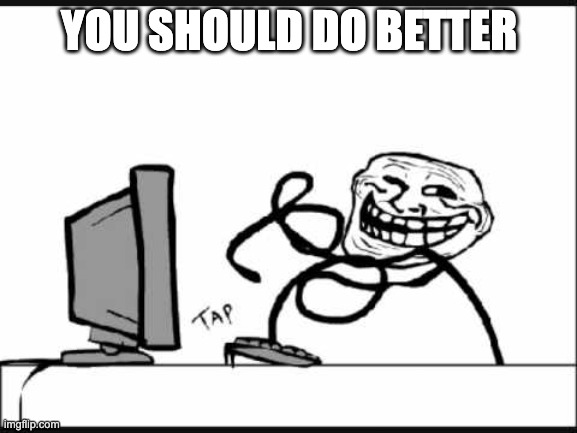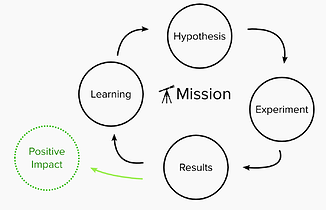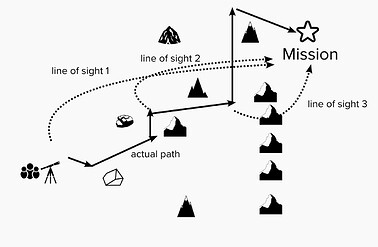[The views expressed in this post are my personal opinions & vantage point. I welcome responses to this post that express different opinions]
When we fail, when we come up short - I think about what keeps me coming back to work on this project – our mission.
Gitcoin’s mission is to build & fund digital public goods…
Our north star is to correct the asymmetry between the value created by OSS Software ($500bn/year) and the value captured by OSS Software (much much much less, Gitcoin is doing $25mm/year).
If you consider that we’re in a world where software is eating the world, and that the tools we create to solve coordination failures could be forked to solve adjacent public goods problems, the TAM is even higher. The TAM of all public goods (fresh air / herd immunity / open source / public roads / flood control systems / street lighting / open space / lighthouses / parks / journalism / information goods / privacy / public beaches / public television / knowledge) is easily in the tens of trillions.
Our mission is insanely ambitious.
And not only is our mission ambitious, it is ambitious to try and reinvent ourselves as a DAO at the same time.
The ambition behind our mission is a double edged sword. It means there is high upside to getting things right. It also means there will be missteps & learnings along the way.
As an adaptive tactic to navigate these challenges, Gitcoin has adopted an iterative approach on a quarterly cadence. This is what it looks like:
As we iterate through this cycle, we will come up short, again & again.
Iteration towards our north star means we need to make tradeoffs between perfect + good enough. To get to the future, we must live in the present. We remain flawed & imperfect, but focused on our north star.
As a visual person, I like to think like the trajectory towards accomplishing our mission and reaching our north star as an iterative path through time and space:
We go hard in one direction. We experiment. We iterate, we hit a wall, we learn, then we change course.
We engage in good faith to learn from our shortcomings. We are always choosing between perfect and good. We are pragmatic in the short term, dogmatic in the long term. We make short term vs long term trade-offs, and that causes pain. We need to honor/respect that pain, but we also need to keep going.

We need to engage in good faith between one another. It is easy to troll. It is extremely easy to point out failures, it is harder to take ownership of correcting them.
Teddy Roosevelt once said:
“It is not the critic who counts; not the man who points out how the strong man stumbles, or where the doer of deeds could have done them better. The credit belongs to the man who is actually in the arena, whose face is marred by dust and sweat and blood; who strives valiantly; who errs, who comes short again and again, because there is no effort without error and shortcoming; but who does actually strive to do the deeds; who knows great enthusiasms, the great devotions; who spends himself in a worthy cause; who at the best knows in the end the triumph of high achievement, and who at the worst, if he fails, at least fails while daring greatly, so that his place shall never be with those cold and timid souls who neither know victory nor defeat.”
If we do these things + if we work together, I believe we will prevail.
“If you want to go fast, go alone; but if you want to go far, go together.” - African proverb
When we come up short, I remember that these tradeoffs are only temporary - as long as keep going together, we can iterate + each iteration can be better than the last - and we can go far, together.
I welcome any responses to this thread, especially those who have a different vantage point to myself.



